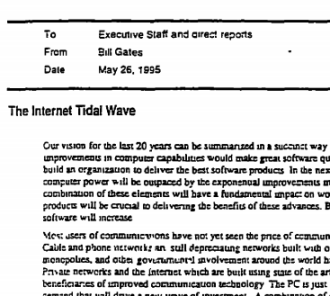 Since the news that Google+ chief Vic Gundotra has abruptly left the company, the common wisdom holds that Google’s oft-derided Facebook clone will not be long for this world. But whether or not Google+ continues as a standalone product isn’t the question. Google likely never cared if Google+ “won” as a competitor to Facebook (though if it did, that would have been a nice bonus). All that mattered, in the end, was whether Plus became the connective tissue between all of Google’s formerly scattered services. And in a few short years, it’s fair to say it has.
Since the news that Google+ chief Vic Gundotra has abruptly left the company, the common wisdom holds that Google’s oft-derided Facebook clone will not be long for this world. But whether or not Google+ continues as a standalone product isn’t the question. Google likely never cared if Google+ “won” as a competitor to Facebook (though if it did, that would have been a nice bonus). All that mattered, in the end, was whether Plus became the connective tissue between all of Google’s formerly scattered services. And in a few short years, it’s fair to say it has.
As I wrote three years ago , the rise of social and mobile created a major problem for Google – all of a sudden, people were not navigating their digital lives through web-based search alone, they were also using social services like Facebook – gifting that company a honeypot of personal information along the way – as well as mobile platforms and apps, which existed mainly outside the reach of web-based search.
If Google was going to compete, it had to find a way to tie the identity of its users across all of its major platforms, building robust profiles of their usage habits and the like along the way. Google countered with Android and Google+, but of the two, only Android really had to win. Google+ was, to my mind, all about creating a first-party data connection between Google most important services – search, mail, YouTube, Android/Play, and apps.
Read More






